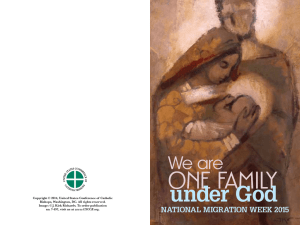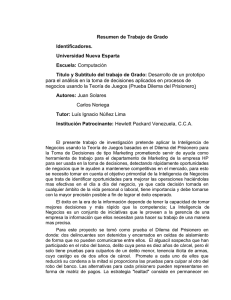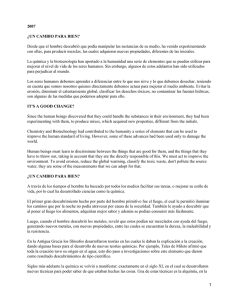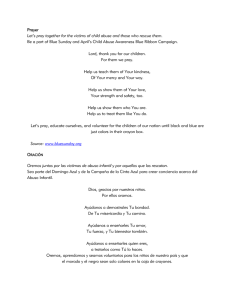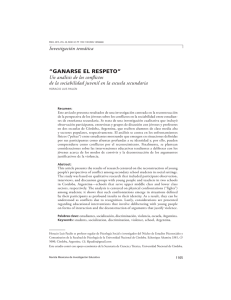1. LEARN ABOUT THESE ISSUES AND TALK OPENLY ABOUT
Anuncio
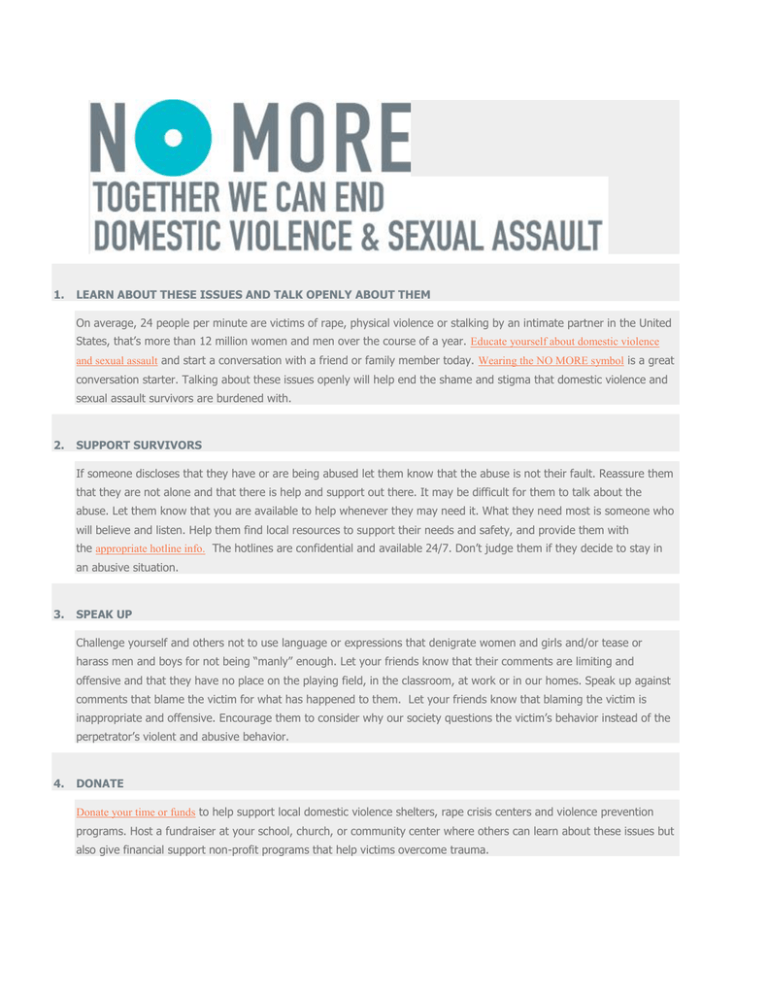
1. LEARN ABOUT THESE ISSUES AND TALK OPENLY ABOUT THEM On average, 24 people per minute are victims of rape, physical violence or stalking by an intimate partner in the United States, that’s more than 12 million women and men over the course of a year. Educate yourself about domestic violence and sexual assault and start a conversation with a friend or family member today. Wearing the NO MORE symbol is a great conversation starter. Talking about these issues openly will help end the shame and stigma that domestic violence and sexual assault survivors are burdened with. 2. SUPPORT SURVIVORS If someone discloses that they have or are being abused let them know that the abuse is not their fault. Reassure them that they are not alone and that there is help and support out there. It may be difficult for them to talk about the abuse. Let them know that you are available to help whenever they may need it. What they need most is someone who will believe and listen. Help them find local resources to support their needs and safety, and provide them with the appropriate hotline info. The hotlines are confidential and available 24/7. Don’t judge them if they decide to stay in an abusive situation. 3. SPEAK UP Challenge yourself and others not to use language or expressions that denigrate women and girls and/or tease or harass men and boys for not being “manly” enough. Let your friends know that their comments are limiting and offensive and that they have no place on the playing field, in the classroom, at work or in our homes. Speak up against comments that blame the victim for what has happened to them. Let your friends know that blaming the victim is inappropriate and offensive. Encourage them to consider why our society questions the victim’s behavior instead of the perpetrator’s violent and abusive behavior. 4. DONATE Donate your time or funds to help support local domestic violence shelters, rape crisis centers and violence prevention programs. Host a fundraiser at your school, church, or community center where others can learn about these issues but also give financial support non-profit programs that help victims overcome trauma. 1. . APRENDA SOBRE ESTOS TEMAS Y HABLE ABIERTAMENTE DE ELLOS EN PROMEDIO, 24 PERSONAS POR MINUTO SON VÍCTIMAS DE VIOLACIÓN, VIOLENCIA FÍSICA O ACOSO POR UN COMPAÑERO ÍNTIMO EN LOS ESTADOS UNIDOS, ES MÁS DE 12 MILLONES DE MUJERES Y HOMBRES EN EL TRANSCURSO DE UN AÑO. EDÚQUESE SOBRE VIOLENCIA DOMÉSTICA Y ASALTO SEXUAL E INICIE UNA CONVERSACIÓN CON UN MIEMBRO FAMILIAR O AMIGO HOY. USANDO EL SÍMBOLO NO MAS ES UN ARRANQUE DE GRAN CONVERSACIÓN. HABLAR ABIERTAMENTE DE ESTOS TEMAS AYUDARÁ A PONER FIN A LA VERGÜENZA Y EL ESTIGMA QUE SOBREVIVIENTES DE VIOLENCIA Y ASALTO SEXUAL SON AGOBIADOS CON. 2. APOYE SOBREVIVIENTES SI ALGUIEN REVELA QUE HAN O ESTÁN SIENDO ABUSADOS DILES QUE EL ABUSO NO ES CULPA DE ELLOS. ASEGURARLES QUE NO ESTÁN SOLOS Y QUE HAY AYUDA Y APOYO. PUEDE SER DIFÍCIL PARA ELLOS HABLAR SOBRE EL ABUSO. HAZLES SABER QUE ESTÁS DISPONIBLE PARA AYUDAR CUANDO NECESITE. LO QUE MÁS NECESITAN ES ALGUIEN QUE CREE Y ESCUCHA. AYUDARLES A ENCONTRAR LOS RECURSOS LOCALES PARA APOYAR SUS NECESIDADES Y SEGURIDAD Y LES PROPORCIONARÁ LA INFORMACIÓN APROPIADO. LAS LÍNEAS DE EMERGENCIA SON CONFIDENCIALES Y DISPONIBLES 24/7. NO JUZGAR SI DECIDEN PERMANECER EN UNA SITUACIÓN DE ABUSO. 3. HABLE SOBRE EL TEMA RETAR TE A TI MISMO Y A OTROS PARA NO UTILIZAR LENGUAJE O EXPRESIONES QUE DENIGRAN A LAS MUJERES Y LAS NIÑAS, O ACOSAN A HOMBRES Y NIÑOS POR NO SER BASTANTE "VARONIL". DEJARLE SABER A TUS AMIGOS QUE SUS COMENTARIOS SON LIMITANTES Y OFENSIVOS Y QUE NO TIENEN NINGÚN LUGAR EN EL CAMPO DE JUEGO, EN EL AULA, EN EL TRABAJO O EN NUESTROS HOGARES. HABLAR CONTRA COMENTARIOS QUE CULPAN A LA VÍCTIMA POR LO QUE HA SUCEDIDO. EXPLÍCA LE A TUS AMIGOS QUE CULPAR A LA VÍCTIMA ES INADECUADO Y OFENSIVO. ANÍMELOS A CONSIDERAR POR QUÉ NUESTRA SOCIEDAD CUESTIONA LA CONDUCTA DE LA VÍCTIMA EN LUGAR DEL COMPORTAMIENTO ABUSIVO Y VIOLENTO DEL AGRESOR. 4. DONAR Donar su tiempo o fondos para ayudar a los refugios locales de violencia doméstica de apoyo, centros de crisis de violación y programas de prevención de la violencia. Recaude fondos en su escuela, iglesia o centro comunitario donde otros pueden aprender sobre estos temas pero también dar apoyo financiero para programas sin fines de lucro que ayudan a las víctimas a superar el trauma.
